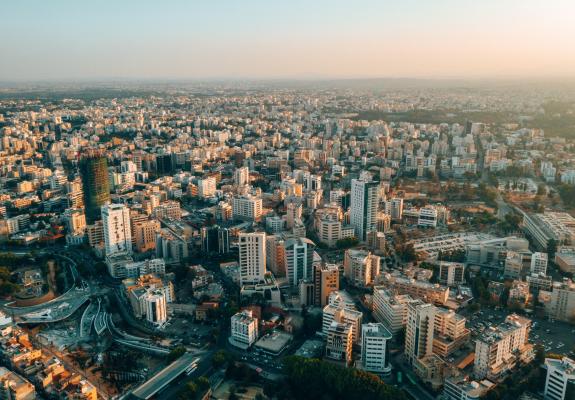Unveiling Democracy: The Push for Live Broadcasting in Cyprus Parliament
The Cyprus Parliament carries out a significant task which refers to all Cypriot citizens and therefore, having access throughout the entirety of the procedure is of critical importance. Despite having access to some parliamentary procedures, full transparency, accountability, and information will truly be achieved only when the parliament’s committees’ meetings are also broadcasted live and made available to all media and channels.
The current situation sees parliamentary committees and the plenary convening on a weekly basis, with committees examining draft laws and discussing pertinent matters, and the plenary voting on legislation which is live-streamed on YouTube and television channels. Although the rules of the Cypriot Parliament dictate that these meetings should be open to the public, the actual implementation of this policy is lacking.
In a survey conducted by IMR/University of Nicosia in May 2022, 86% of respondents favored live broadcasting of parliamentary committee meetings. The support was consistent across demographics, peaking at 93% among younger respondents. Participants justified their stance by citing increased transparency, accelerated legislation implementation, and timely information dissemination to citizens. They also believed that live broadcasting would enhance MP participation and foster greater accountability for their actions.
86% of respondents favored live broadcasting of parliamentary committee meetings.
To understand the broader context, it's essential to examine the practices of other European countries. In October 2021, Antigoni Hasikou and Michalis Argyrou from the Research and Studies Section of the Parliament sent a request to the European Centre for Parliamentary Research and Documentation (ECPRD) concerning the accessibility of parliamentary committee meetings and the existence of press offices in parliaments (ECPRD request 4802). The findings revealed varying levels of accessibility in countries like Belgium, France, Germany, Spain, Italy, Lithuania, Hungary, Poland, Portugal, Romania, and Greece, with many broadcasting committee meetings live on their respective parliaments' websites or television channels.
The IMR/University of Nicosia survey also explored the preferred methods for accessing committee meetings. Television emerged as the top choice, followed by YouTube and Facebook. Additionally, the survey highlighted the need to modernize the House of Representatives' operations, with only 2% of respondents indicating they were "very satisfied" with the work of the parliamentary committees to date. In fact, dissatisfaction was more prevalent among younger respondents, with approximately half of those aged 18-44 expressing limited satisfaction.
The survey also revealed that a large number of citizens were not fully aware of the issues being discussed in the committees. Only 9% of respondents claimed to be well-informed, while 42% stated they knew little about the topics at hand. This lack of awareness was even more pronounced among younger respondents aged 18-24, with 62% admitting they had limited knowledge of the discussions.
As more citizens expressed a desire for increased access to parliamentary debates—65% of respondents, including over 70% of those aged 18-24—live broadcasting of parliamentary committee meetings could potentially fill the gap in public awareness and engagement.
To implement live broadcasting, an initial pilot phase could involve broadcasting a committee meeting in a premise where the plenary is held. This approach would minimize the financial burden on the House of Representatives' budget while testing the feasibility of live broadcasting for parliamentary committees.
The anticipated benefits of live broadcasting include increased transparency, accountability, and meritocracy in the parliamentary process. MPs will likely face positive supervisory pressure, discouraging any rudimentary performance of parliamentary work and eliminating behaviors that are incompatible with or offend the parliamentary body.
The anticipated benefits of live broadcasting include increased transparency, accountability, and meritocracy in the parliamentary process.
It is noteworthy that Oxygono, an organization focused on improving transparency and accountability, which also runs Nomoplatform, a platform that provides updates and news of the Cypriot Parliament, has submitted together a memorandum regarding live broadcasting to the President and Director of the Parliament. A pending discussion at the Committee of Institutions on live broadcasting indicates cross-party support for the implementation of this initiative.
By broadcasting parliamentary committee meetings live, Cyprus Parliament can foster greater transparency, accountability, and public engagement in the legislative process. Drawing from the experiences of other European countries and the desires of Cypriot citizens, this initiative has the potential to revolutionize how the public perceives and interacts with their representatives in government, ultimately strengthening the democratic foundations of the nation.






